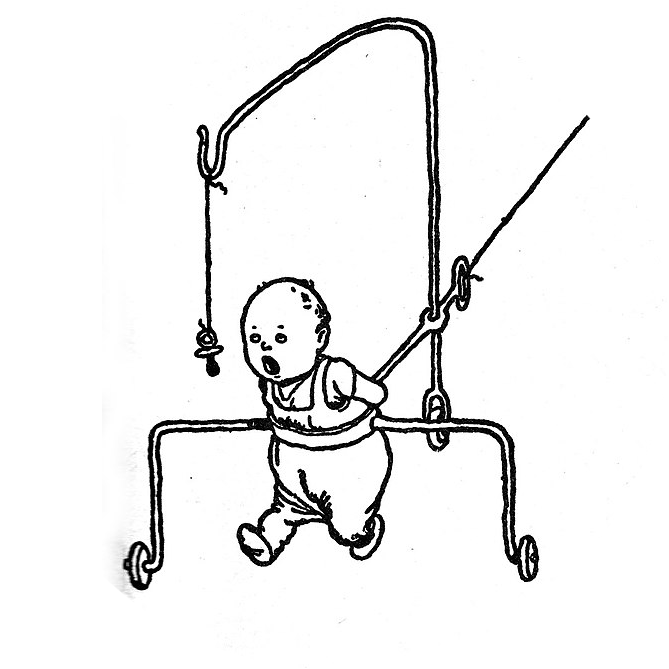Yeah I know these are used for counting vehicles but can they also be used for detecting vehicle speed?
Description: two pneumatic hoses, affixed to a road. They lead to a box that’s locked to a telephone pole. Location is southern California. On a minor artery road.
Doubtful that it’s to survey if a new stop sign is needed since the next street is minor, dead ends into this one and already has a stop sign. The next intersection with another minor artery already has a stop sign.
Extremely doubtful that a traffic light is being considered since there isn’t anywhere near the amount of traffic to justify one.
This is located on a slope. Many cars speed down here. That’s why I’m wondering about speed sensing by this device.


It’s for a traffic study. For traffic volume and speed.
Depends on the state, but it’s pretty common to to a speed study to see how traffic is flowing. This can result in adjusting the speed limit to match the majority of traffic. Or implement other traffic calming measures if a lower speed is required for some reason.
It could also lead to more enforcement I guess but where I’m from that’s not its intended purpose.
Just wanted to add that California in particular has a law requiring cities to study average speed before they change a speed limit. (And then have to pick a speed that 85% of traffic can follow, unless there are extra safety concerns.)
You can often get out of a speeding ticket thanks to this, as it’s pretty common for the traffic studies to be out of date or to have flaws that you can argue about.
Oh yeah, I’ve heard of that law. 'Sure hope they don’t raise the speed limit on this street!
Work at a city. Using these to lead to enforcement implies that city engineering is working with law enforcement and that level of coordination is… unlikely.
These kinds of lines are very engineering, very road design focused.
Also measures direction of course
In some cases they also check the axel length to determine the type of car. Not sure what that was used for.